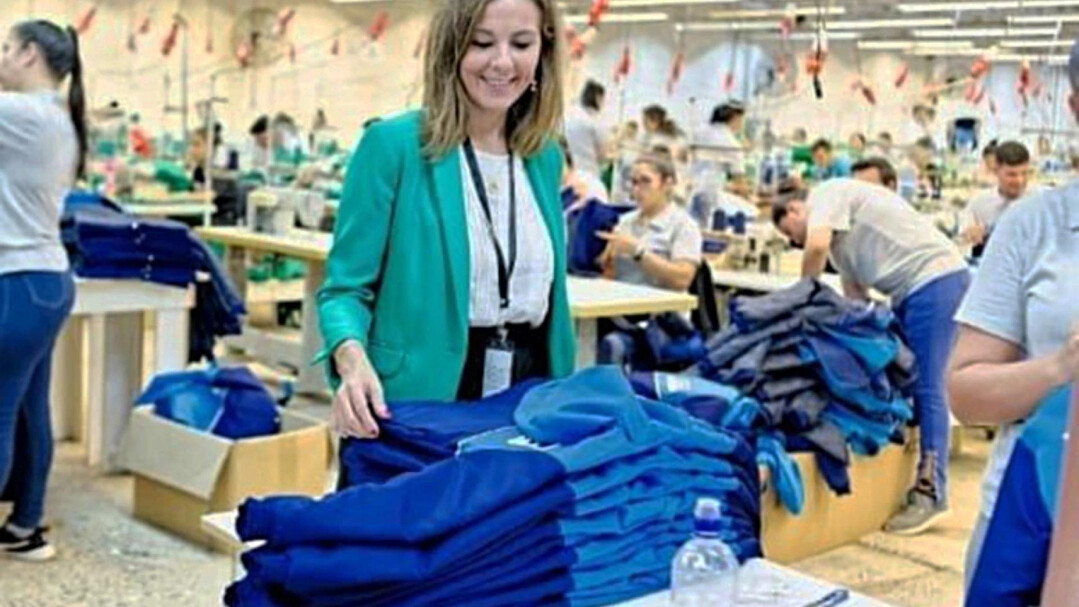
Investments under Paraguay's Ley 60/90 reached $267 million in the first half of 2025, a robust 58% increase year-on-year. This once again confirms the critical role of Ley 60/90 in Paraguay's industrial development and job creation. According to data from the Undersecretariat of Industry at the Ministry of Industry and Commerce (MIC), 11 new projects totaling $15 million were approved in June alone.
From January to June this year, a total of 82 projects were approved, marking a 34% increase compared to 61 projects in the same period of 2024. Of these, 85% were concentrated in the industrial sector, with the services sector accounting for 12% and the primary sector 3%. Of the total investment of $267 million, domestic capital amounted to $214 million, showing an astonishing 133% growth, while foreign capital recorded $53 million.
Looking at the main investment areas, grain and seed production and storage accounted for the largest share at 55%, followed by biofuels at 23% and food production at 13%. These investments are primarily concentrated in the regions of Alto Paraná, Central, Capital, Cordillera, and Paraguarí, which absorbed 86% of the total investment funds.
These investments are also expected to have a positive impact on Paraguay's job market. A total of 3,073 new jobs are projected to be created through the approved projects, an 180% increase compared to the 1,096 jobs anticipated in 2024. Notably, the apparel and textile sector will account for the largest share with 1,166 jobs, followed by food production with 704 jobs, and the metals and manufactured products sector with 520 jobs. This demonstrates that Ley 60/90 is not merely attracting investment but also leading to concrete job creation.
Ley 60/90 and Maquila Law: Two Pillars of Paraguay's Economic Growth
Ley 60/90 is a key legal framework for promoting investment and economic development in Paraguay, offering tax incentives and other benefits for specific investment projects. This law has significantly contributed to promoting industrialization and creating employment by attracting both domestic and foreign investment.
The Maquila Law is another crucial engine for Paraguay's economic growth. The Maquila regime provides customs and tax benefits to foreign companies that import components into Paraguay, assemble or process them, and then re-export the finished products. This has been particularly instrumental in fostering the growth of labor-intensive industries such as textiles, auto parts, and electronics, playing a vital role in making Paraguay a regional production hub. The textile sector leading in job creation is directly related to the revitalization of the Maquila system. Maquila exports constitute a significant and steadily increasing portion of Paraguay's total exports.
Last Wednesday, the Paraguayan government announced it would submit seven new economic bills to Congress by next week at the latest. Two of the key projects among these are the modernization of Ley 60/90 and the Maquila Law. The government plans to focus on modernizing and improving the efficiency of these two laws to align with the changing economic environment, as they are the foundation of the nation's economic growth.
Other significant bills include a new law that will merge the Undersecretariat of Mining and Energy and the National Tourism Secretariat into the Ministry of Industry and Commerce. This reflects the government's commitment to enhancing the efficiency of government ministries and maximizing synergy across the industrial, energy, and tourism sectors to accelerate national economic development. This administrative reorganization is expected to reduce duplication in policy formulation and implementation, enabling a more integrated approach.
The Paraguayan government's proactive investment attraction policies and efforts to modernize existing laws are anticipated to drive continued economic growth and job creation. In particular, improvements to Ley 60/90 and the Maquila Law will make the investment environment even more attractive, incentivizing more domestic and foreign companies to invest in Paraguay. If these efforts bear fruit, Paraguay could further solidify its position as an important economic hub in the South American region.
[Copyright (c) Global Economic Times. All Rights Reserved.]




























